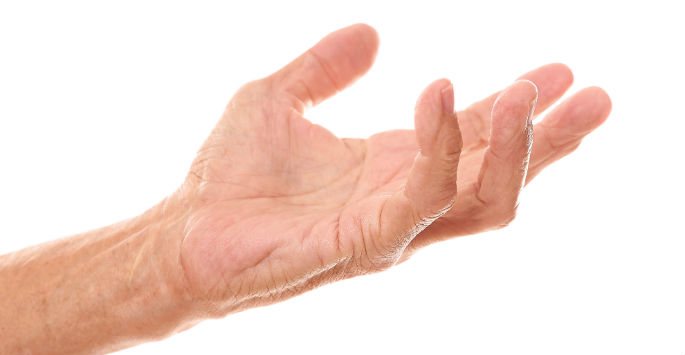The hand is a vitally important part of the body because it is used to perform hundreds of normal tasks every day. One small problem with one of your hands can make it extremely difficult to live a normal life. This is why it is so important to look for and treat any abnormalities in your hands. One of the most common medical problems that affects the hands is Dupuytren’s syndrome.
Dupuytren’s syndrome is a medical condition that causes a deformity in the skin tissue near the palm of your hand. Large clumps of tissue will start to form under the skin. This will eventually cause a thick knot to form on the hand. If the knot is allowed to grow for an extended period of time, then it will cause your pinky and ring fingers to bend. The knot can become so big that it is impossible to straighten these fingers. The condition will only continue to get worse as you age, so you want to get it treated as quickly as possible.
The earliest symptom of Dupuytren’s syndrome is a thickening of the skin on your palm. This skin will eventually become dimpled before the large knot forms. It will not be painful to touch the lump in your palm. While Dupuytren’s syndrome can occur on both hands at the same time, one hand will be more deformed than the other.
The cause of Dupuytren’s syndrome is not currently known, but the condition is most common in men. It is known to be hereditary. If someone in your immediate family had this hand deformity, then you will likely get it too at some point in your life. The condition is also far more likely to occur after reaching middle age.
While Dupuytren’s syndrome is not life-threatening, it can limit your ability to properly use your hand. Opening your hand and holding objects will become extremely difficult if your condition is not treated in a timely manner.
There are treatment options available if Dupuytren’s syndrome is making it difficult to perform normal tasks with your hands. At Arora Hand Surgery, Dr. Arora and his team can come up with a customized treatment for you. Contact us today to schedule a consultation at our office in West Bloomfield, Warren, Macomb, or Howell.
















